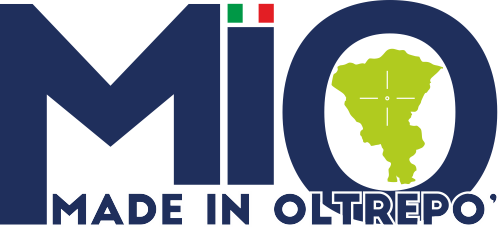The Oltrepò Pavese, a hilly region south of the river Po in the province of Pavia, is one of the most fascinating and lesser-known areas in northern Italy. This area, famous for its vineyards, culinary traditions and breathtaking landscapes, is an ideal destination for a type of tourism that is gaining increasing popularity: slow tourism.
Slow tourism is a movement that arose in response to mass tourism and the frenzy that often characterises modern travel. This approach promotes a more relaxed and sustainable travel experience, focused on the authentic discovery of local cultures, respect for the environment and time devoted to quality rather than quantity of experiences. The principles of slow tourism include travelling at a slow pace, using less polluting transport, interacting with local communities and emphasising activities that respect and enhance the territory.
Oltrepò Pavese lends itself perfectly to the application of the principles of slow tourism. The area, with its hilly landscapes, historic villages and numerous wine cellars, offers endless opportunities for visitors wishing to immerse themselves in an authentic and unspoilt environment.
Unlike more crowded tourist destinations, Oltrepò retains a quiet and relaxed atmosphere, where it is possible to experience the true essence of Italian country life.
Slow tourism in the Oltrepò Pavese is not only a travel philosophy, but also a fundamental lever for local economic development. Indeed, the promotion of sustainable tourism can create new economic opportunities for local communities, supporting small businesses and promoting the preservation of cultural and craft traditions.
Food and wine is one of the sectors most benefited by slow tourism. In addition to wine, Oltrepò Pavese is known for its typical products, such as Varzi salami, local cheeses and honey. Local farms and shops, thanks to this type of tourism, have the opportunity to make their products known to a wider public, encouraging a circular economy that enhances the area‘s resources.
Widespread hospitality, with agritourisms and B&Bs set up in renovated old farmhouses, also plays a key role in fostering respectful and conscious tourism. These facilities not only offer accommodation, but also immersive experiences, such as traditional cooking courses, walks through the vineyards and visits to craft workshops, allowing tourists to fully experience the territory.
The Oltrepò Pavese, with its vineyard-covered hills, historic villages and food and wine traditions, is a perfect example of how slow tourism can become an engine of sustainable economic development. At a time when mass tourism is threatening to erode the authenticity of many destinations, Oltrepò Pavese offers an alternative based on enhancing the territory, respecting the environment and promoting local traditions. Investing in this type of tourism means not only safeguarding the region‘s natural and cultural heritage, but also creating new economic opportunities for future generations.






















